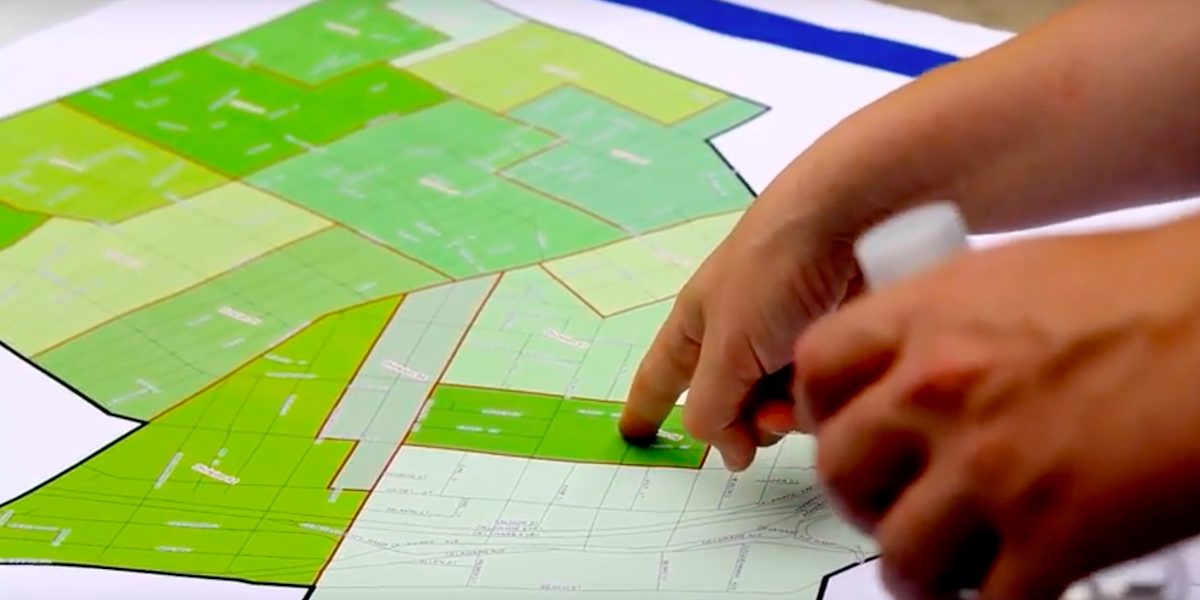Cool Things Wit Cool People is a monthly column by Akeem Dixon focusing on community development. To ask a question, email coolthingswitcoolpeople@gmail.com, or reach out @akeemdixon.
Who should be class president, what ice cream flavor to order, what toy to bring to show and tell, and whether the crust should stay on or off the ends of the PB&J sandwich (off, of course) — all relatively simple choices when compared to the life-altering decisions politicians will be making on our behalf once they are sworn into office.
Voting as a child was substantially less dramatic and included fewer four-letter words when the results were read compared to voting as an adult.
This month’s Dear Akeem will focus on the adolescent entry point of our voting process: the ward system, and specifically how it can be a resource for youth engagement. We will chat with Venise Whitaker, a committeeperson for the 18th Ward, as she details the role wards play in the local political system and how it can help get young people interested in voting.
Whitaker’s responses have been edited for clarity.
###
Akeem Dixon: Can you briefly explain the ward system, and its importance in the political system?
Venise Whitaker: The wards are the grassroots of the political system and allow residents to participate in the political system as a volunteer. These contributors are the eyes and ears on the streets and keep constituents engaged throughout the year. Wards leaders can also vote to endorse a candidate for an election.
Each ward is made up of committee members. In each ward there are a number of divisions. Each division has two committeepeople who are elected every four years.
The committee people are voted in by the residents/constituents who live in their division. These elections coincide with the state elections of our representatives, governor, senators, etc.
Each ward’s leadership consists of:
- Ward leader
- First chair
- Second chair
- Third chair
- Secretary
- Secretary assistant
- Treasurer
- Treasurer assistant
What role could this system play in engaging and empowering younger and less experienced voters? How does it empower the community to hold elected officials accountable?
READ FULL ARTICLE HERE








